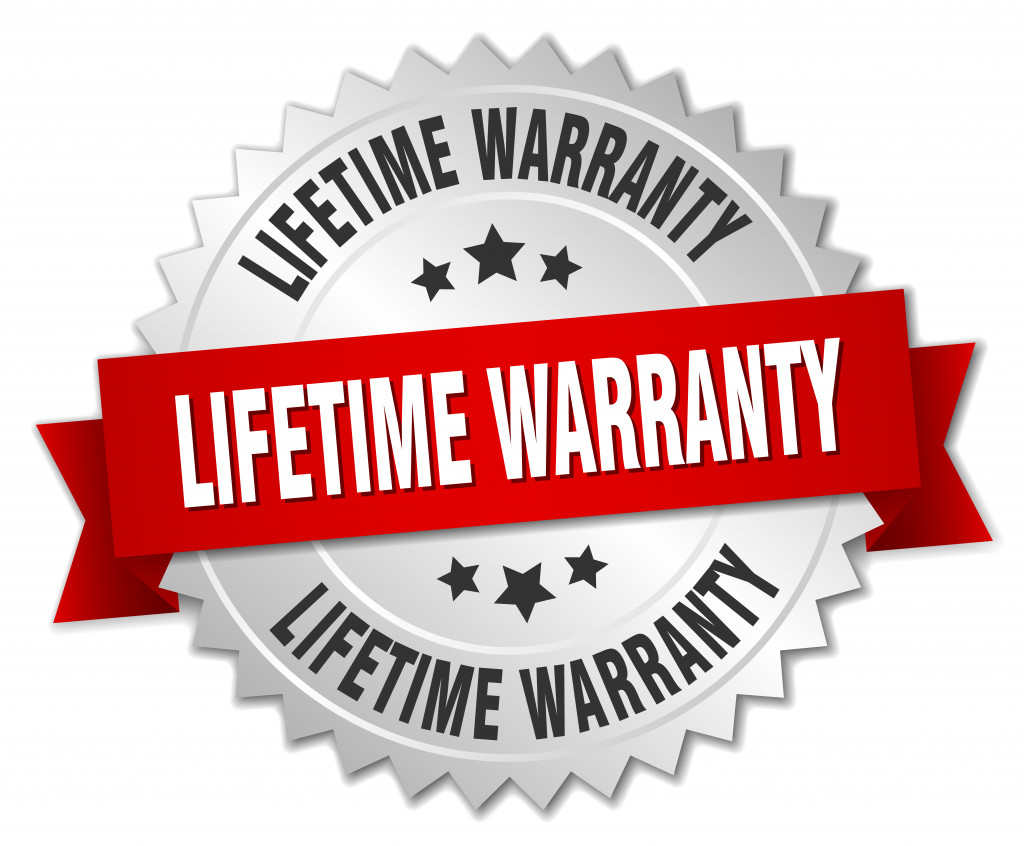The growing costs of returns are becoming a problem for many companies. It’s estimated that retailers and manufacturers from the small business sector lose $600 billion in returns every year. If you add more prominent companies like Amazon, Duty-Free, Shopify, and more, costs can reach around one to three trillion dollars every year. This is a considerable amount, but it is a given right for consumers to return items they find not to their standards. It’s also their right to replace items that have been damaged, not what they expected them to be, and many others. If you want to avoid return costs, here are some essential consumer laws that you should know.
Warranties
Warranties are an essential part of consumer laws to protect consumers against false advertising, damaged goods, and many more. It is also your job as a manufacturer and retailer to have warranties on top of your sell products. It is a law given by every state, and it can vary depending on the state your business is in, but essentially warranties give your consumers a chance to return products. It can also protect your business too! This is because warranties require receipts upon return. If the consumer has no receipt for it, you can deny their return. This can protect you from fraud, a common crime in any industry.
There are some situations in which you, as a manufacturer, can void a warranty. This varies among many states but aside from the requirement of receipt or proof of purchase is when the warranty period has expired, the damage done to the product is due to the mishandling of the consumer, and there have been significant alterations on the product. However, some warranties cannot be voided.
One of the most common reasons why you can’t void a consumer’s warranty is that the product is inoperable during its warranty period. It’s important to note that extended warranties should be given to consumers with their returned product replaced. There are certainly many more reasons why a warranty can’t be voided, but if you want to avoid returns, you must keep your manufacturing equipment up to date.
Engineering Inspections

In some situations, the state is given the right to inspect your factory or any manufacturing office you have. These reasons may vary, but often they will visit you if there have been reports of multiple returns from consumers or if you have malfunctioning equipment. One of the things they are likely to check for your equipment is the air compressor. Air compressors tend to be the main foundation of many manufacturing equipment. If they fail to work, they can be a serious problem for your company.
This is why you should often hire an air compressor service to have a good look into your manufacturing equipment. They can help you maintain your equipment while also helping you avoid potential lawsuits from your workers, the state, and consumers. Additionally, items made by malfunctioning equipment can be problematic because there is a huge chance that they are damaged when delivered to consumers. This can cost you thousands of dollars in returns every year.
Product Liability
Product liability is an instance when consumers consider products you sell from your company to be defective. This is usually covered by warranties, especially if they are part of the warranty period. However, in some instances, a defective product doesn’t require a warranty, especially if the product you have sold a consumer has hurt the consumer or another person. During these instances, a return is the least of your problem, as consumers and other persons hurt by your product can file a lawsuit against you. Having a quality assurance department can help you avoid this in the future.
False Advertising
One of the most common reasons consumers return a product is that the product does not represent the same as advertised. Advertisement and marketing play a big role in consumer laws, and false advertised products sometimes do not need a warranty to be returned. There is no real way of avoiding false advertising, and some consumers even abuse this consumer law. However, what you can do is have your legal team prepared for any consumer who’s looking to abuse the system.
These are some consumer laws that you should be aware of as a manufacturer and retailer. Remember that these laws bind many returns, and you must review them whenever you can. It can help your company avoid returns or a potential lawsuit in the future.









